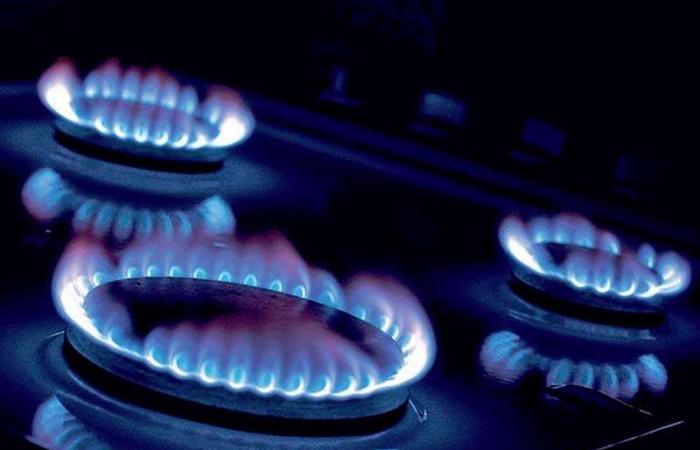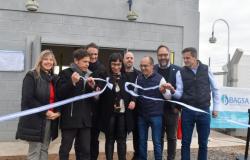July 9 remains within the “Cold Zone” along with 76 Provincial Municipalities.
Although the government of Javier Milei pressed to repeal law 27,637 in the reform package of the Base Law, the modifications made in the Senate sustained the Cold Zone Regime that benefits gas users in 77 municipalities in the province of Buenos Aires, including July 9.
In the midst of the increases in gas and electricity rates advanced by the Buenos Aires Undersecretary of Energy, Gastón Ghioni, the Trust Fund for Residential Gas Consumption Subsidies was exempt from the eliminations of trust funds carried out by President Javier Milei.
According to the director of the Federal Consensus Institute, Alejandro “Topo” Rodríguez, in 2024 the Fund, which is financed mostly with contributions from all users, will allow discounts to be applied to residential gas rates and maintain a surplus of at least 60,000 million pesos, and could even exceed 80,000 million. “This is a reasonable, fair and sustainable public policy,” said the former National Deputy.
The National Government was awaiting the determination of Congress to end the trust funds. In fact, part of the surplus that Javier Milei held was generated by their illegal retention, as is the case of the fund for cold areas. Luis Caputo had to transfer to the gas distribution companies the contribution that residential users had already made, but until last month he had not yet done so.
It is worth remembering that after the increases announced by the National Government, gas rates will be as follows for the province of Buenos Aires:
N1 (high income): The average increase will be 299%
A residential user in category R31 will go from paying 11,285 pesos to $46,449, while in Metrogas the average bill will go from 13,677 to $56,467.
N2 (low income): The average increase will be 604%
A residential user in category R31 will go from paying 4,896 pesos to $39,661, while in Metrogas the average bill will go from 6,813 to $49,610.
N3 (average income): The average increase will be 367%
A residential user in category R31 will go from paying 8,736 pesos to $40,615, while in Metrogas the average bill will go from 10,721 to $50,574.
What is the Cold Zone regime and which municipalities does it benefit?
Since the expansion of the cold zone that was determined in law 27,637, 77 municipalities and 90 Buenos Aires towns have been declared “cold zone.” That is, their excess consumption is recognized and subsidized due to the low temperatures that the region reaches during the winter. The benefit extends to the other Patagonian provinces.
The municipalities declared in a cold zone are:
25 of May
July 9th
Adolfo Alsina
Adolfo G. Chaves
Alberti
Ayacucho
Blue
White Bay
Balcarce
Benito Juarez
Bolivar
Energetic
Canuelas
Carlos Casares
Carlos Tejedor
Castelli
Chacabuco
Chivilcoy
Colonel Dorrego
Colonel Pringles
Colonel Rosales
Colonel Suarez
Daireaux
Dolores
Florentino Ameghino
General Alvarado
General Alvear
General Arenales
General Belgrano
General Guido
General Juan Madariaga
General La Madrid
General Lavalle
General Peace
General Pinto
General Pueyrredon
General Viamonte
General Villegas
Guamini
Hipólito Yrigoyen
Junin
Laprida
Flowers
Leandro N. Alem
Lincoln
Loberia
Wolves
Maipu
Mar Chiquita
Mountain
Mount Beautiful
Navarrese
Necochea
Olavarria
Pehuajo
Pellegrini
Stack
Pinamar
Puan
Rauch
Rivadavia
Red
Roque Perez
Saavedra
Saladillo
Salliqueló
Leap
San Cayetano
Tandil
Tapalqué
Dapple
Tornquist
Lauquen Train
Three Streams
Three Hills
Villa Gesell
Villarino






